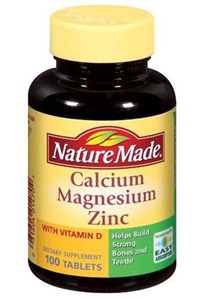22 Aug Senior Diet Tips- Getting Enough Calcium
 How many times we have heard that drinking milk would help our bones grow strong and healthy especially for seniors?
How many times we have heard that drinking milk would help our bones grow strong and healthy especially for seniors?
It’s true that our bones do not only give structure to our bodies but they also protect our organs and secure our muscles. Getting sufficient calcium from childhood to adulthood help build bones up and slows the loss of bone as we age.
Milk is actually only one of many sources of calcium for seniors i.e. dark leafy green vegetables and some types of legumes are among the other sources. There are some important reasons why milk may not be the best source for everyone.
Senior Who Are Lactose Intolerance
Many seniors have some degree of lactose intolerance. Eating or drinking dairy products may cause them problems like cramping, bloating, gas, and diarrhea.
One substitute for seniors who are lactose intolerant but still enjoy consuming dairy products is to take a supplement containing enzymes that digest milk sugar along with the dairy product, or to drink milk that has the lactase enzyme added to it.
Saturated Fat
Dairy products are now available in fat-reduced or non-fat options. Saturated fat that’s removed from dairy products is certainly consumed by someone, often in the form of premium ice cream, butter, or baked goods which could lead to heart disease.
The following are many food choices for seniors and caregivers that contain the calcium our bodies need:
- dairy products (low-fat or non-fat milk, cheeses, and yogurt)
- vegetables (broccoli, spinach, beets, and turnips)
- calcium-fortified cereals, orange juice, breads, powdered drink mixes, instant oatmeal, and honey graham snacks
- almonds and sesame seeds
- beans (pinto, red, cranberry, great northern, or navy)
- calcium supplements (make sure your body has sufficient amount)
Getting enough calcium is only one way to prevent bone loss as we age. Bone loss with aging is the result of several factors such as genetic, physical inactivity and lower levels of hormones (estrogen for women and testosterone for men). Therefore, make sure that our seniors have adequate calcium intake and physical activities.
Reference: Harvard School of Public Health

No Comments